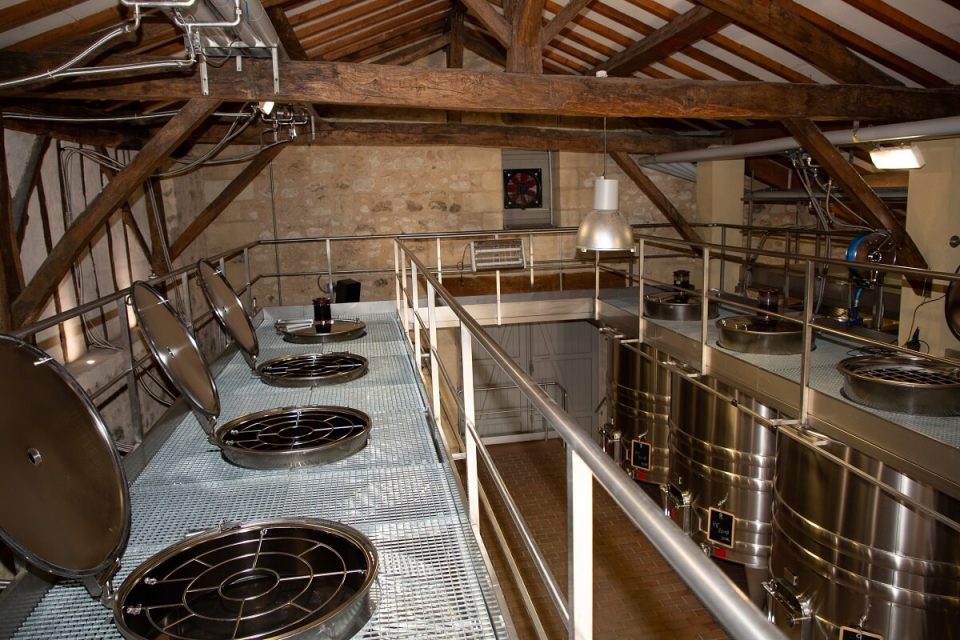If you’re someone who has a passion for wine, there’s always that dream of crafting your own label. Not only do you get the chance to produce a beverage that perfectly matches up to your palate, but you can also share it with others – and make a profit at the same time.
In fact, the wine industry is big business. According to 2019 statistics, a combination of domestic and imported wine resulted in a staggering $72.4 billion in overall sales revenue.
Sadly, it’s far from easy trying to get in on the action. The market is already packed with wineries, both big and small, and they don’t want to give up their share of the action. On top of this, there are many pitfalls that can quickly turn dreams into nightmares.
If you’re up for the challenge, keep in mind these four mistakes other businesses have made in the past so that you can avoid them yourself when starting up your new business venture.
1. Not researching
One of the biggest mistakes a business can make is not researching enough, and it can be costly. However, winemaking is not something you can jump into spontaneously. It requires an ample amount of planning and research. You need to outline your vision, complete with various defined goals and strategies.
There are many different points that you need to study in detail. Factoring in your overall expenditure – including the possibility of fluctuating costs caused by economic cycles – is a major element of any plan.
It’s also essential you examine the competition. You’ll know there’s virtually every taste combination already on the market, but what type of packaging are they using? What brand identity do they possess? By looking into these aspects, you can find ways for your own wine to stand out on store shelves.
2. Focusing on the label first
As established in the previous point, branding and your wine label play an important role. However, you also shouldn’t fixate on this from the start. Before you delve into this area, it’s essential you focus on the actual creation of your wine.
After all, you want to produce a wine that is revered for its taste quality. A fancy label can catch people’s attention, yes, but it is the wine’s flavor that will ultimately turn the curious into dedicated customers.
3. Not having the right equipment
It might seem like an obvious point, but the wine making process involves a complex number of components. There are five main steps in total, which are:
- Grape harvesting
- Crushing and pressing
- Fermentation
- Clarification
- Aging and bottling
When listed out like this, winemaking can seem relatively simple. However, it’s a time-consuming process that requires many different pieces of equipment. For instance, it can be easy to forget a relatively simple part like a flow meter. Yet as Strain Measurement Devices notes, flow meters are integral for ensuring each bottle of wine receives the right amount of liquid.
4. Launching before you’re ready
It can be all too easy to push ahead with your wine venture, but you need to display patience. You only have one opportunity to make a first impression, so you don’t want to release your wine before it has reached its peak.
The same also goes for marketing. You should only gear up to fire out emails and newsletters when your wine is about to launch, not months beforehand, when nobody is interested.
